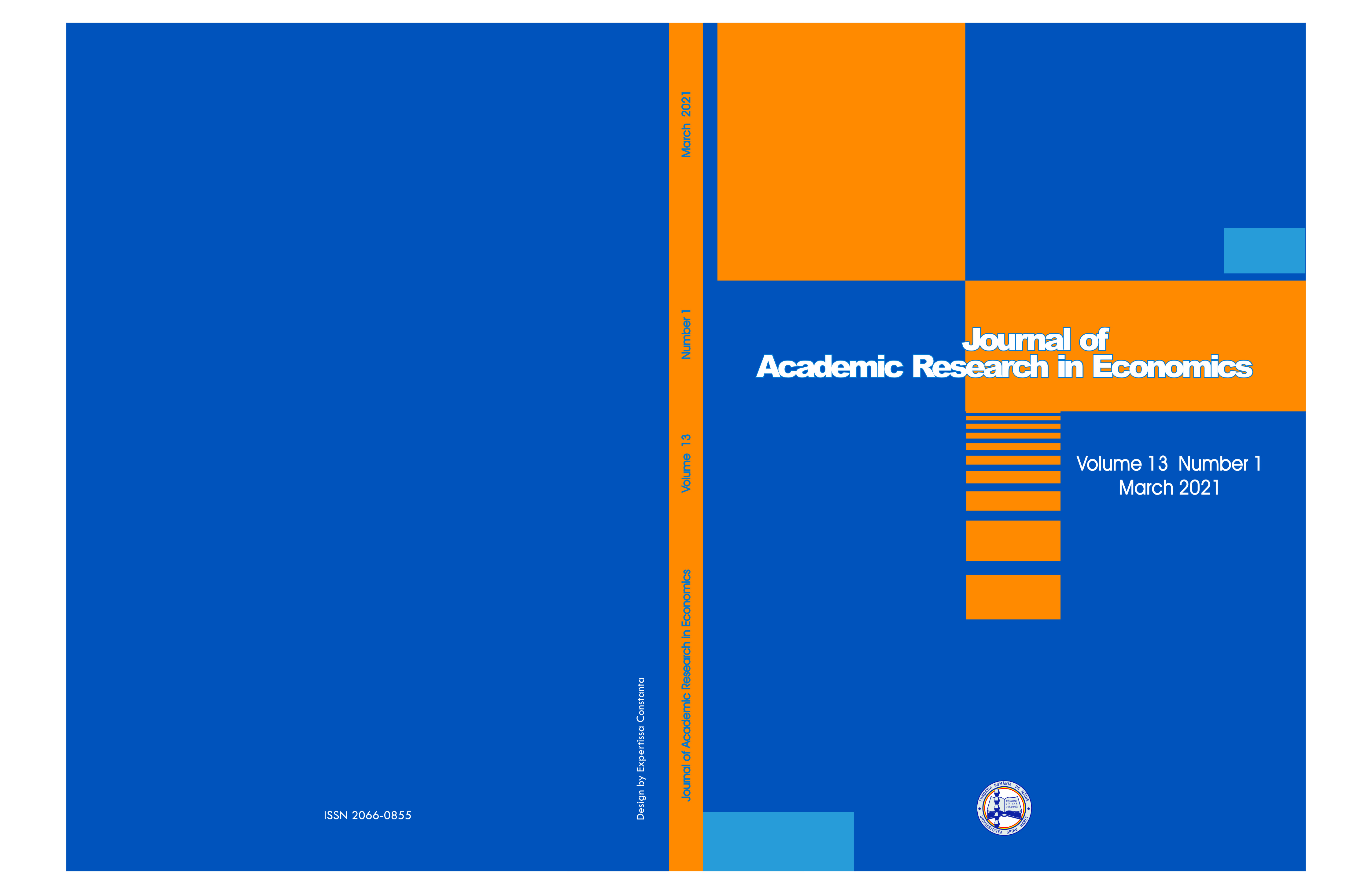DO MICROFINANCE INSTITUTIONS PLAY SUFFICIENT ROLES IN ENTREPRENEURSHIP DEVELOPMENT IN OGUN STATE? EMPIRICAL EVIDENCE FROM SANGO OTA INDUSTRIAL AREA
DO MICROFINANCE INSTITUTIONS PLAY SUFFICIENT ROLES IN ENTREPRENEURSHIP DEVELOPMENT IN OGUN STATE? EMPIRICAL EVIDENCE FROM SANGO OTA INDUSTRIAL AREA
Author(s): Johnson Ifeanyi Okoh, James Olanipekun Ojo, Ishola James Aransiola, Hassan Christiana Onyohu, Aderemi Timothy AyomitundeSubject(s): Business Economy / Management
Published by: Universitatea SPIRU HARET - Faculty of Accounting and Financial Management
Keywords: Microfinance; Institutions; Entrepreneurship; SMEs, Sango-Ota; Ogun State;
Summary/Abstract: In providing empirical answers to whether microfinance institutions have played enough roles in entrepreneurship development in Ogun State, Nigeria, a sample of 180 SMEs was purposively selected in Sango-Ota Industrial Area of Ogun State. A well-structured set of questionnaires was administered to the selected SMEs owners to elicit primary data for a rigorous empirical analysis. Consequently, the following are the summary of the important findings that emerged in this study; most of the selected entrepreneurs engaged in foods and consumables enterprises, in which the business had existed between 11 and 15 years. Further analysis confirmed that many of the participants were one man business owners, with range 6 to10 million naira as their monthly sales turn over, and at the same time had a range of 6 to10 years banking relationship with microfinance banks during their businesses. Moreover, it was discovered from the study that microfinance institutions played important roles in entrepreneurship development - SMEs by making credit available for the entrepreneurs, empowering poor entrepreneurs and increasing savings opportunity for the business owners because the majority of the business owners had an impressive access to loans of the banks. However, the persistent collapse of SMEs in the area was majorly driven by excessive interest rate in obtaining capital from the microfinance institutions. In view of the above, the policymakers in Nigeria should embark on policy that would ensure a sustainable availability of credit to entrepreneurs, empowering poor entrepreneurs and increasing savings opportunity for the business owners and more importantly, cost of capital should be reduced drastically to curb persistent collapse of SMEs in the country.
Journal: Journal of Academic Research in Economics (JARE)
- Issue Year: 13/2021
- Issue No: 1
- Page Range: 57-71
- Page Count: 15
- Language: English

